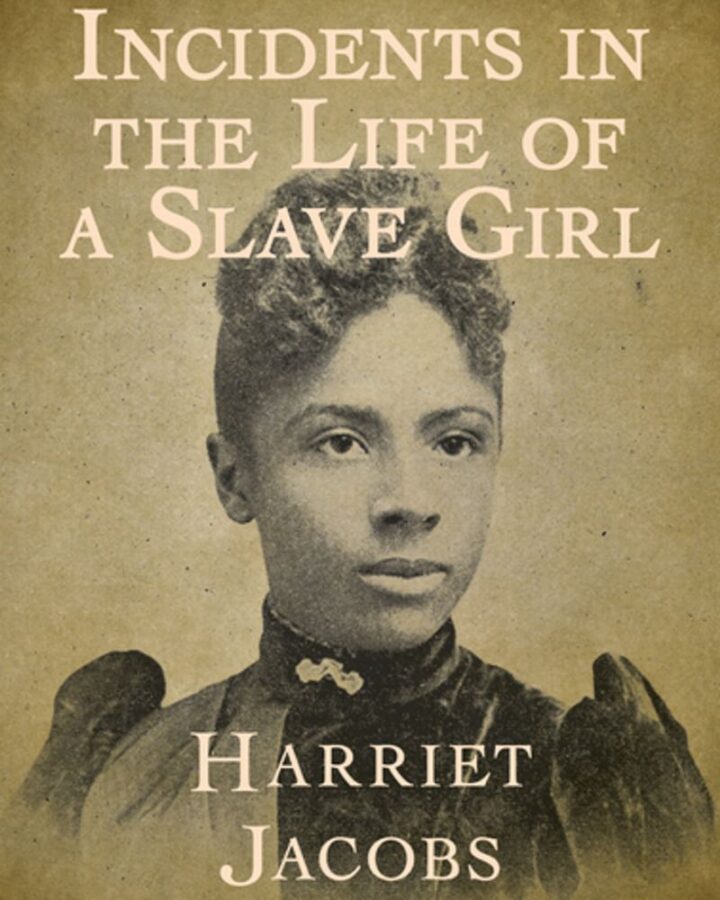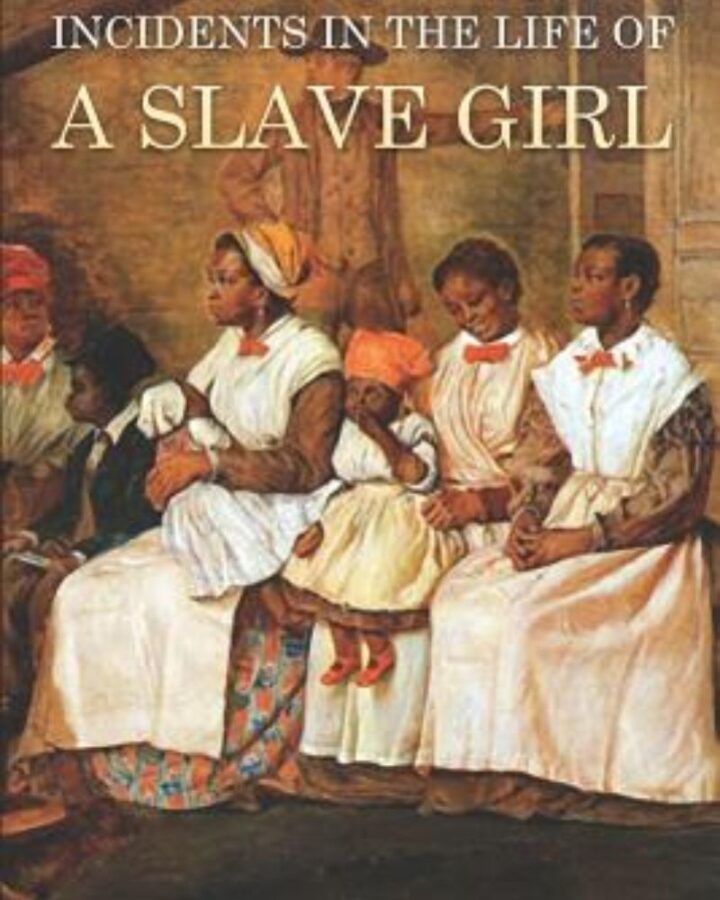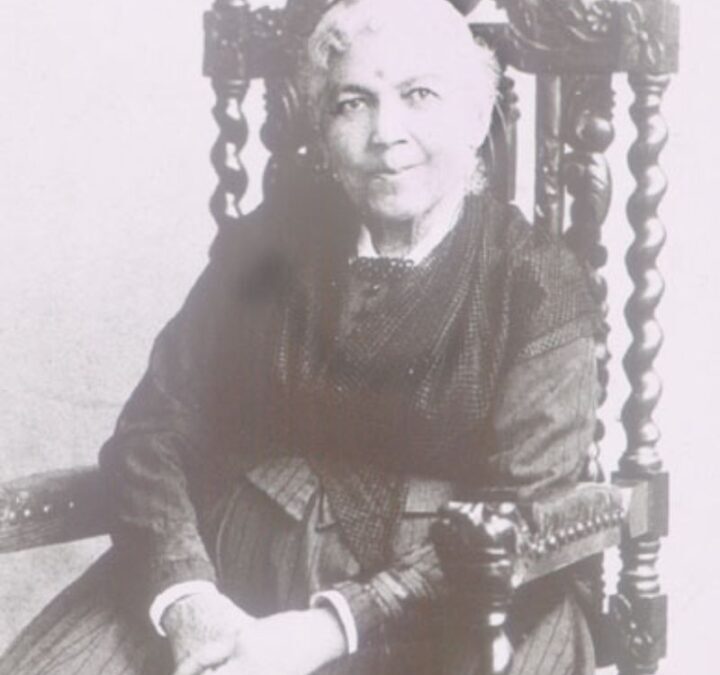Harriet Jacobs is an important historical figure who contributed to the fight against slavery and for female emancipation. Born in North Carolina in 1813, she lived as a slave until her escape in 1835. Jacobs went on to write a remarkable book entitled« Incidents in the Life of a Slave Girl« , which was published in 1861. She thus became one of the first African-American women to publish an autobiography.
In this article, we’ll explore the story of Harriet Jacobs, her book and its impact on the fight for equal rights. We’ll also look at how her story is relevant today in the fight against systemic racism and oppression.

Harriet Jacobs’ life as a slave
Harriet Jacobs was born into slavery in North Carolina in 1813. She grew up with her parents and brother, but was separated from her family at the age of six. She was then sent to live with her master’s children and raised as a servant. Jacobs was sexually harassed by her master, which made her life even more difficult and unbearable.
In 1829, Jacobs became the property of Dr. James Norcom. She lived with her family and was continually sexually harassed by Norcom. To escape this situation, Jacobs began a relationship with a white man, Samuel Tredwell Sawyer, with whom she had two children. The relationship didn’t last, however, and Jacobs finally fled in 1835 to protect her family.
Harriet Jacobs’ escape
Jacobs fled by hiding in a small attic above her grandmother’s bedroom. She lived in the attic for seven years before escaping in 1842. During this time, she was hidden and helped by friends and abolitionists. She also worked as a nanny and seamstress to earn a living.

Harriet Jacobs’ book
In 1853, Jacobs began writing her autobiography, but had difficulty finding a publisher. In 1861, her book « Incidents in the Life of a Slave Girl » was finally published. The book was well received by abolitionists and highlighted the condition of enslaved women and their struggle for freedom. Jacobs used a pseudonym, Linda Brent, to protect her family and her own safety.
Jacobs’ book is a remarkable work that describes the lives of enslaved women and their struggles for freedom. It highlights the physical and sexual abuse suffered by enslaved women and their struggle to protect their dignity and integrity. The book is also a testament to the ingenuity and resilience of the slave women who fought for their freedom.
Harriet Jacobs’ story is important because she contributed to the struggle for equal rights and against oppression. She highlighted the injustices suffered by enslaved women and was one of the first African-American women to write an autobiography. Jacobs also inspired many writers and civil rights activists, such as Toni Morrison and Angela Davis.
Jacobs’ story is also relevant today, as we continue to struggle against systemic racism and oppression. The struggle for equal rights continues, and stories like Jacobs’ remind us of the importance of continuing to fight for a more just and equitable world for all.
In conclusion, Harriet Jacobs was a remarkable figure who contributed to the fight against slavery and for female emancipation. Her book « Incidents in the Life of a Slave Girl » highlighted the injustices suffered by enslaved women and was a testament to the ingenuity and resilience of women who fought for their freedom. Jacobs’ story is important today, as it reminds us of the importance of fighting oppression and working for a more just and equitable world for all.
Here are 5 quotes from Harriet Jacobs:
« The power of education can never be underestimated. It is a powerful weapon that can break the chains of oppression and open the doors to freedom. »
« Freedom can never be given; it must be conquered. And sometimes that means defying established norms and risking everything to get what’s rightfully ours. »
« A woman’s true strength lies in her resilience. No matter what trials she faces, she always finds a way to get back up and continue her fight for freedom. »
« Freedom is precious, but it cannot be achieved without the courage to fight against injustice. It is our duty never to remain silent in the face of oppression and to stand up for the rights and dignity of all. »
« A person’s worth cannot be measured by their social condition or status. Every individual deserves to be respected and treated equally, regardless of skin color or origin. It is in this mutual recognition that the true progress of humanity lies. »










